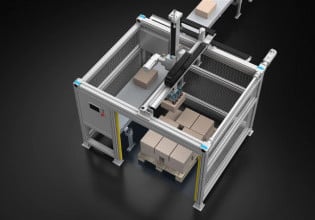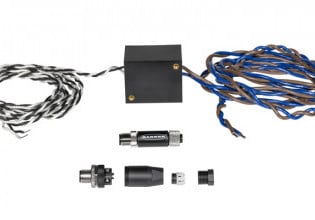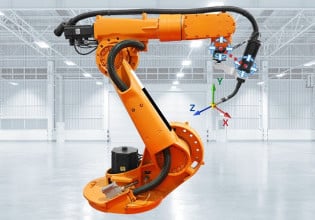R
Hello All,
I would like to know whether communication setup via OPC impacts PLC scan time in anyway? if yes could you please elaborate a bit, also I'll appreciate it much if some one can suggest an appropriate testing method to measure it myself in lab.
eg:-
A) scan time with out OPC - PLC running and a few input and output modules connected(communicating)
B)scan time when I configure OPC server to read all input/outputs at the fastest possible update rates.
Any helps/hints would be greately appreciated.
thank you
rajeesh
I would like to know whether communication setup via OPC impacts PLC scan time in anyway? if yes could you please elaborate a bit, also I'll appreciate it much if some one can suggest an appropriate testing method to measure it myself in lab.
eg:-
A) scan time with out OPC - PLC running and a few input and output modules connected(communicating)
B)scan time when I configure OPC server to read all input/outputs at the fastest possible update rates.
Any helps/hints would be greately appreciated.
thank you
rajeesh






